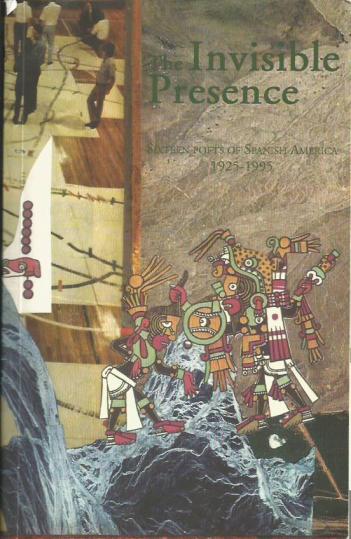Do you ever pick up a book just because of its cover? This is how I came to read Port Mungo by Patrick McGrath. Art is one of my passions and the white cover is brushed with colour: orange, yellow, mustard, a blotch of red, another of green, a trail of purple. As it turns out, the story wasn’t what I expected, but I quickly became engrossed and resented sleep interfering with reading time.
The protagonist, Jack Rathbone, is a charming lad, narcissist, and more. His sister, Gin, narrates the novel; she adores him, gives up her painting dreams, and supports him. Vera Savage is the older woman and accomplished artist whom the still-teenage Jack enchants, marries, and runs away with (from London to New York’s art scene, and then to isolated and tropical Port Mungo). McGrath vividly draws each character and slowly reveals the tangled web created through Jack’s ambition, Gin’s illusions, and Vera’s weaknesses. Early in the novel, there’s a hint of Jack’s narcissism and Gin’s lack of insight:
He told me he would never have worked with such, oh—grandiosity—had he not lived in Port Mungo. He found there a reflection of himself, he said, and the meaning of his life as an artist was the effort to translate that identification directly onto canvas. I thought of his repeated motifs, his rain forests and rivers, his serpents and birds, and in particular his gleaming mythic bodies staring into pools—and much as I came to admire the work I never properly understood how he saw himself in those paintings.
Jack and Vera’s fraught relationship does produce (besides art) two daughters. The elder, born in Port Mungo grows wild, a shocking child in Gin’s mind. She invites Jack and Peg to visit her in New York where she has moved. The first visit goes well, but the later second reveals tension between father and adolescent.
Port Mungo is not a story for everyone. It begins with innocence and ambition, but the lives of the characters veer into murky waters. I found it distressing and upon completion decided not to write a review. Then I changed my mind because McGrath has written a compelling story that drew me in and kept me reading. And the fact that a story stays alive after the reading of it…well, isn’t that the kind of story we would each like to write.
For another story of a sister’s love and compassion for her brother, read The Gathering by Anne Enright: The Gathering. And for one about obsession, see Obsession by A. S. Byatt: Obsession.

Available through your local bookstore or online: Port Mungo


